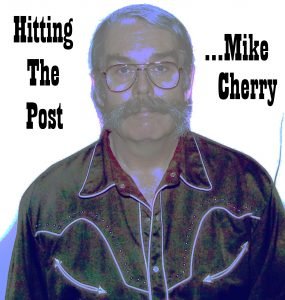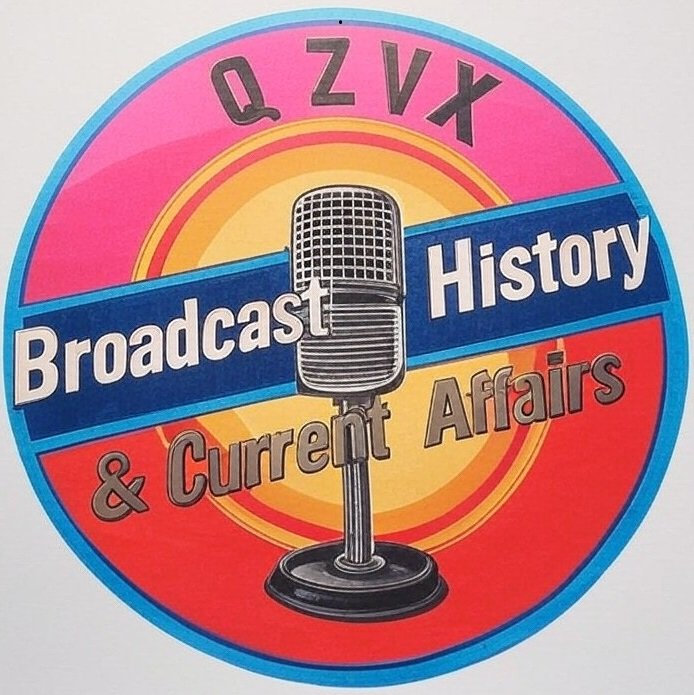
The FCC has issued a docket seeking the public’s input into all-digital AM with a May 13 closing date for comments. Responding to a petition from Texas broadcaster Bryan Broadcasting, Media Bureau docket RM-11836 is now open for public input. Already, comments have been filed by a few parties, including REC Networks, a leading advocate of LPFM & low-power community broadcasting. Comments so far are positive in support. However, these all note a concern for rural listeners for whom MA3 transmission standard (HD-AM) may not be suitable due to their distance from urban broadcast transmitters. Rural residents are also known for operating older vehicles which are not equipped for HD reception. Couple that with the fact that both home & automotive radios are increasingly deleting AM radio as an option. This may not bode well for massive adoption of MA3 transmissions & abandonment of standard analog AM radio. In addition, the bandwidth required is (40 kHz) is considerably more than that of standard analog signals (10 kHz). This will make it necessary to modify rules for allowance of adjacent channel signals to be present. Signals will need to be spread out further across the radio dial, making tight move-ins of suburban AM’s to larger centers not do-able. Commenters note that all-digital should not be forced on cash-strapped consumers & that it’s necessary for AM to host both analog & all-digital signals, noting this is compatible. “One of our biggest concerns with the wholesale ability for AM licensees to specify all- digital operation, albeit voluntary, would be the loss of first or second localized AM broadcast service to particular areas,” wrote REC Networks founder Michelle Bradley. In Bryan Broadcasting’s petition, the compelling argument is that the AM band is plagued by interference & pulse noise rendering it insufficient to serve audiences. However, their comments fail to note the sudden drop-off of an all-digital signal to distant radio listeners, making this a suitable choice for urban listeners only.

Radio World reporter Susan Ashworth quotes Bryan Broadcasting’s petition: ““[T]esting tellingly showed that the noise floor jumped from anywhere between 10 dB and 40 dB between the 1970s and the early 2000s (i.e., even before widespread acceptance of millions of interference- contributing technologies as phone chargers, compact fluorescent lamp bulbs, and flat-screen TVs),” the broadcaster wrote in its petition.“Even setting aside empirical demonstration, one only has to listen to an AM broadcast inside a home where smart phone chargers and computer monitors are operating to understand the magnitude of the problem.”Since it’s logistically unrealistic to expect to reverse the “spurious noise emissions” that come from these Part 15 devices, Bryan said, it’s necessary that the commission consider taking action to ameliorate harms to users of the AM bands, “otherwise, audiences desiring music programming will continue to turn away from AM broadcasts.”

Bryan Broadcasting has been operating one of it’s 4 AM signals – WTAW with hybrid HD/analog modes with relative success, free of noise, pops & buzzes plaguing today’s analog AM radio. Locally, will S+R’s Andy Skotdahl be the first to implement all-digital MA3 transmission on 1380 KRKO & 1520 KKXA? The stations are equipped to do so & should this rule-making become law, this reporter will hazard a guess that these stations may well convert to all-digital. Andy’s “Classic Country KXA” has already been allowed an experimental license to test an all-digital signal, implemented with success. One would hope that streams of both stations will remain online for the many without receivers, including those who will refuse to spend money on standalone all-digital receivers. Local Everett listeners can also avail themselves of the low-power FM translators of both stations in glorious analog stereo.


retired broadcaster: on-air, MD, PD, asst PD, Prod Mgr, IT, station technician/engineer, pioneer Internet webcaster, station installation/maintenance; 12 years in commercial radio, 17 years volunteer in campus/community radio in B.C., Alberta & Wash. Amateur radio operator & “DXer” specializing in AM night-time DX, short-wave DX/listening & remote SDR DXing/listening





COMMENT GUIDELINES | "What Happened To My Comment?" | post an OFF-TOPIC COMMENT